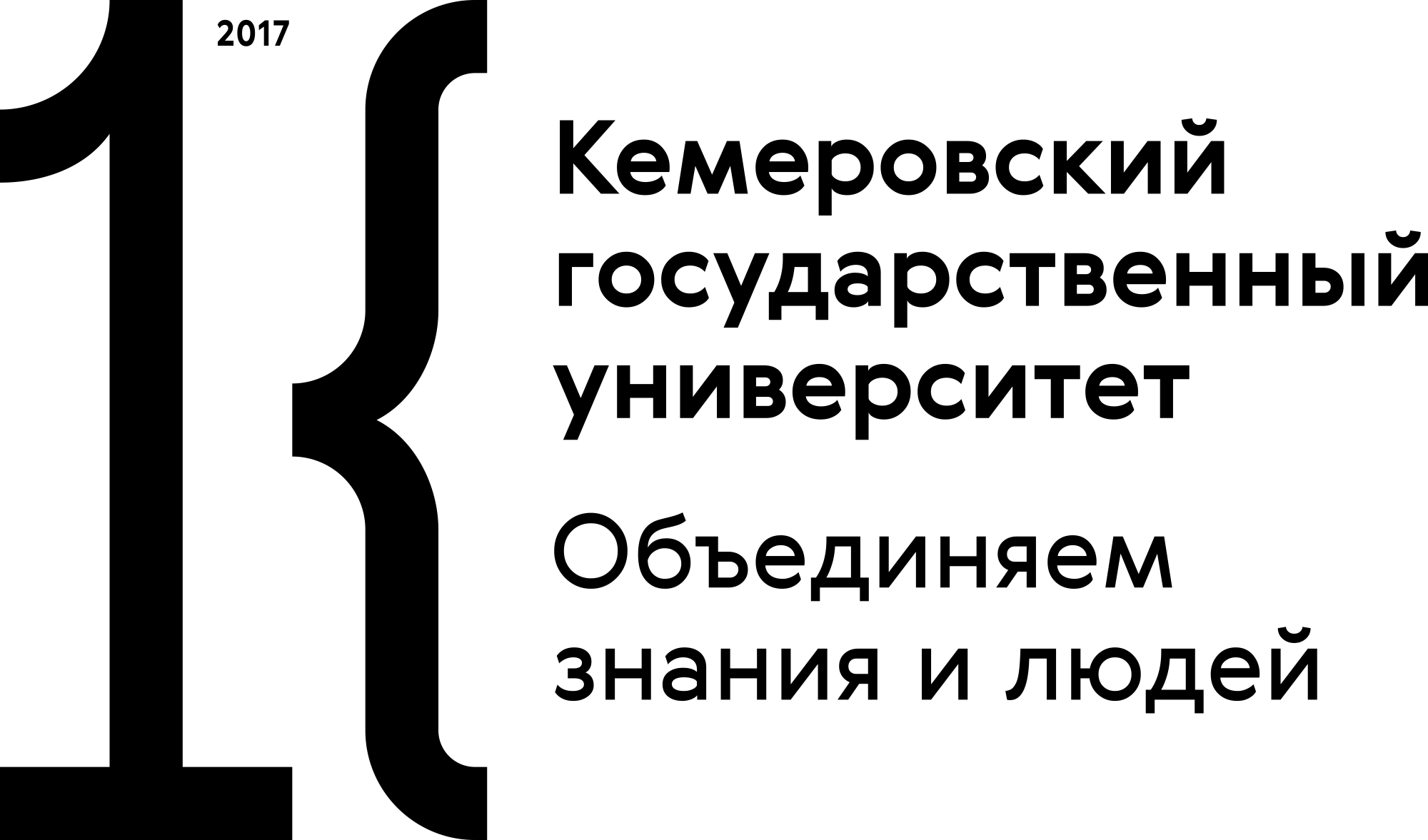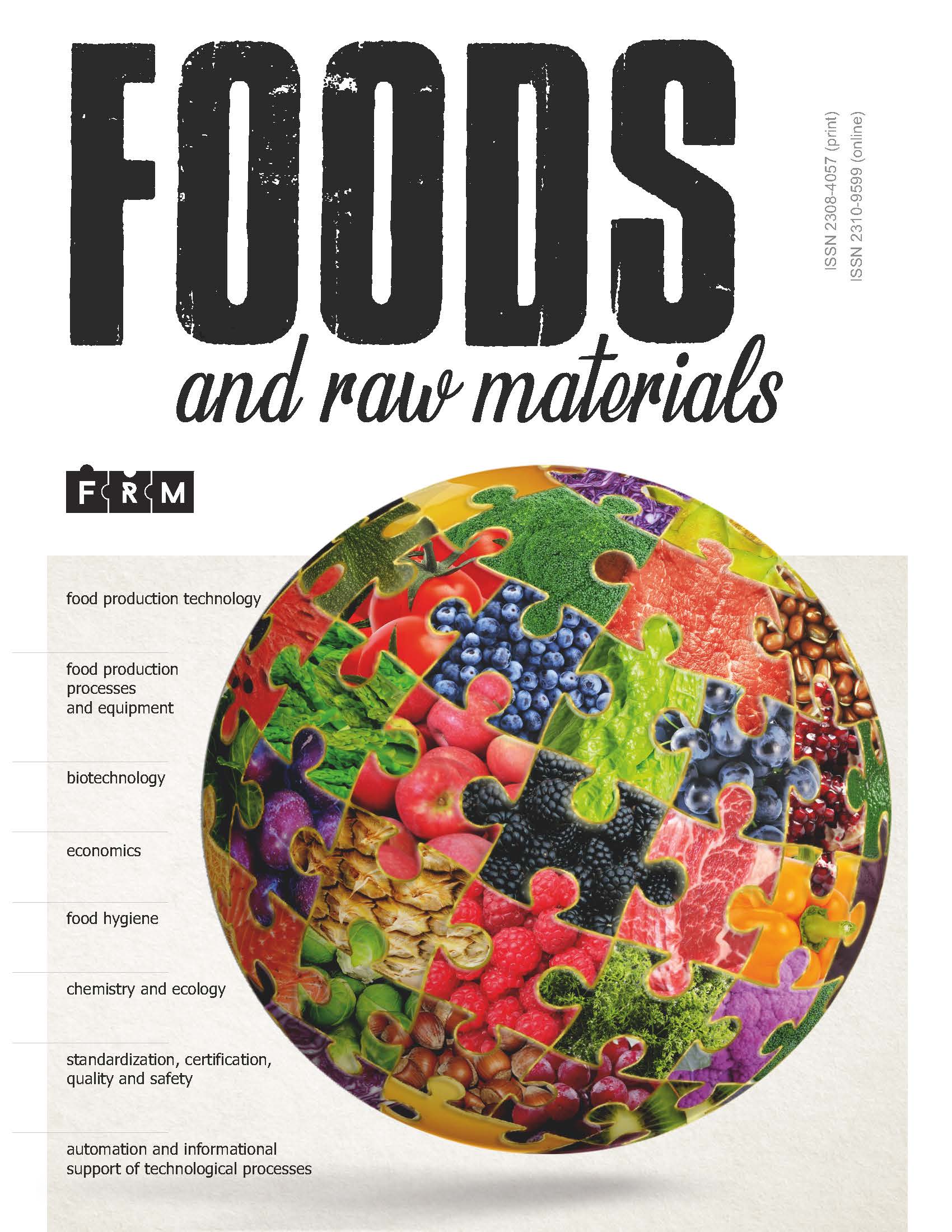Ensuring the competitiveness of Russian producers of food products is impossible without achieving the consistent quality and food safety. Special attention in this paper is paid to the introduction of relevant management systems at the enterprises of the food processing industry. A significant number of the currently available standards and specifications enables the management of any enterprise to choose the most appropriate variant for the given enterprise: to implement a single system or a set of systems which can represent the integrated management system (IMS). The main point in this choice is the idea of these types of management systems and of the potential, additional opportunities, and advantages that can be obtained due to their implementation at the enterprises. The responsibility of food manufacturers for the implementation and maintenance of procedures based on the principles of HACCP (Hazard Analysis and Critical Control Points) also determines the relevance of the topic. The evaluation of management systems, which are possible to implement at the food enterprises, has been conducted according to the following criteria: solvability of problems, applicability for the food enterprises and the possible effect from the implementation (a potential). The availability of fundamentals for the integration of management systems has been shown, the concept of IMS has been discussed and the need for IMS from the food enterprises has been identified The detailed plan of IMS development has been proposed. The possibility and the attractiveness of the development, implementation of other management systems in the food processing industry, in particular, the environmental management systems, management systems of occupational safety and health, energy management systems, models of ethical and social management have been established. The approach to the choice of IMS components has been confirmed on the basis of the utility definition and potential advantages of each management system separately. The model of the development and implementation of the "optimal" integrated management system of quality and safety for the food enterprises has been offered. The basic point of it is the process model as the main part of the "optimal" IMS of the food enterprise.
Integrated management system, quality stability and food safety, quality and safety management systems, food industry.
INTRODUCTION
Food quality and safety are an important criterion of "quality of life" in all countries of the world. Such characteristics of food products as "quality" and "safety" determine to a large extent the "competitiveness" and "profitability" of the food enterprise. The development strategy of the food processing industry of the Russian Federation for the period up to 2020 proposes to implement modern management methods and integrated management systems of quality indices and safety of food raw materials and food products during the processing, transportation and storage to "solve the problem of increasing competitiveness of Russian food organizations, to create conditions for the import substitution for socially important foods and the export potential"[1].
The implementation and use of various management systems standardized in the documents of universally recognized organizations primarily the International Organization for Standardization (ISO) can certainly contribute to the successful realization of this direction. A significant part of the international standards ISO is universal: the standard requirements are general and applicable to all enterprises and companies, regardless of the industry sector, size and category of products. These include, for example, ISO 9001:2008 "Quality management systems. Requirements", ISO 14001:2004 "Environmental management systems. Requirements and instructions for use", ISO 50001:2011 "Management systems in power consumption. Requirements and instructions for use", and others.
The next group of standards can be characterized as the "industry standard", that is, with a clear field of application, for example: ISO 22000:2005 "Food safety management systems. Instructions for use", ISO 13485:2003 "Medical devices. Quality management system. Requirements for regulatory purposes", and others. The popularity of these ISO standards is shown by the statistics of a large number of certifications in the world, as well as in Russia. Table 1 presents the data on the quantity of certificates of conformity for the management systems at the enterprises of two groups: "agriculture and fishery" and "production of food, drinks and tobacco" according to the report «The ISO Survey - 2013» [2].
1. Rasporiazhenie Pravitel´stva Rossiiskoi Federatsii ot 17.04.12 goda. № 559 - r “Strategiia razvitiia pishchevoi i pererabatyvaiushchei promyshlennosti Rossiiskoi Federatsii do 2020 goda” (Order of the Government of the Russian Federation “The strategy of the development of food processing industry of the Russian Federation till 2020”). 2012, no. 559-r. (In Russ.)
2. Belobragin, V.Ya., V predverii ISO 9001:2015: Otchet “The ISO survey - 2013” (On the eve of the ISO 9001:2015: Report “The ISO survey - 2013”), Standarty i kachestvo (Standards and Quality), 2014, no. 12, pp.86-92.
3. GOST ISO 9001-2011. Sistemy menedjmenta kachestva. Trebovaniya (State Standard ISO 9001-2011. Quality management systems. Requirements), Moscow: Standartinform Publ., 2012, 27 p. (In Russ.)
4. GOST R ISO 22000-2007. Sistemy menedjmenta bezopasnosti pishchevoi produktsii. Trebovaniya k organizatsiyam, uchastvuyushchim v tsepi sozdaniya pishchevoi produktsii (State Standard ISO 22000-2007. The food safety management systems. Requirements for organizations involved in the food chain), Moscow: Standartinform Publ., 2007, 36 p. (In Russ.)
5. Vasilevskaya, S.V., ISO 22000: bezopasnost’ plyus, konkurentosposobnost’ minus (ISO 22000: safety plus, competitiveness minus), Metody menedjmenta kachestva (Quality management methods), 2013, no. 2, pp. 24-29.
6. GOST R ISO 14001-2007. Sistemy ekologicheskogo menedjmenta. Trebovaniya i rukovodstvo po primeneniyu (State Standard R ISO 14001-2007. Environmental management systems. Requirements and instructions for use), Moscow: Standartinform Publ., 2007, 28 p. (In Russ.)
7. Kantere, V.M., Matison, V.A., and Sazonov, Yu.S., Integrirovannye sistemy menedjmenta v pishchevoi promyshlennosti (The integrated management systems in the food industry), Moscow, Institute of management, quality, safety and ecology of food enterprises; Moscow State University of Food Production, 2008. 522 p.
8. GOST R 54934-2012/OHSAS 18001:2007. Sistemy menedjmenta bezopasnostitruda I ohrany zdorov’ya. Trebovaniya (State Standard R 54934-2012/OHSAS 18001:2007. Management systems for occupational health and safety. Requirements), approved by the Order of the Federal Agency for Technical Regulation and Metrology of 06.07.2012, no. 154-st. (In Russ.)
9. GOST R ISO 50001-2012. Sistemy energeticheskogo menedjments. Trebovaniya i rukovodstvo po primeneniyu (State Standard R ISO 50001-2012. Energy management systems. Requirements and instructions for use), Moscow: Standartinform Publ., 2012, 29 p. (In Russ.)
10. GOST R ISO 26000-2012. Rukovodstvo po sotsial’noi otvetstvennosti (State Standard R ISO 26000-2012. Instructions on Social Responsibility), Moscow: Standartinform Publ., 2013, 29 p. (In Russ.)
11. Gusakov, Yu.A., and Taver, E.I., Neobhodimo skoordinirovat’ usiliya (The necessity to coordinate efforts), Standarty i kachestvo (Standards and Quality), 2011, no. 7, pp. 64-67.
12. GOST R 53893-2010. Rukovodyashchie printsipy I trebovaniya k integrirovannym sistemam menedjmenta (State Standard R 53893-2010. The leading principles and requirements for the integrated management systems), Moscow: Standartinform Publ., 2011, 16 p. (In Russ.)
13. Surkov, I.V., Kantere, V.M., Ermolayeva, E.O., and Poznyakovskiy, V.M., Upravlenie kachestvom na predpriyatiyah pishchevoi, pererabatyvayushchei promyshlennosti, torgovli i obshchestvennogo pitaniya (Quality management in the food processing industry, trade and catering), Moscow: INFRA-M, 2014. 336 p.
14. Gafforova, E.B., Shusharina, T.E., Tsyplenkova, M.V., Moiseenko, I.V., and Guremina, N.V., Menedjment v pishchevoi promyshlennosti (Management in the food industry), Moscow: Publ. Academy of Natural Sciences, 2011. 195 p.
15. Petersen, B., and Nussel, M., Qualitätsmanagement in der Agrar- und Ernährungswirtschaft Gebundene Ausgabe, 14 Januar 2013.
16. Pichhardt, K., Qualitätsmanagement Lebensmittel: Vom Rohstoff bis zum Fertigprodukt (German Edition) Taschenbuch, 31. Juli 2012.










